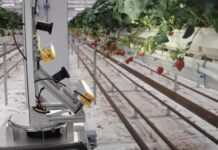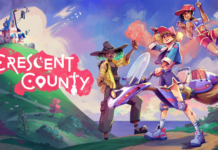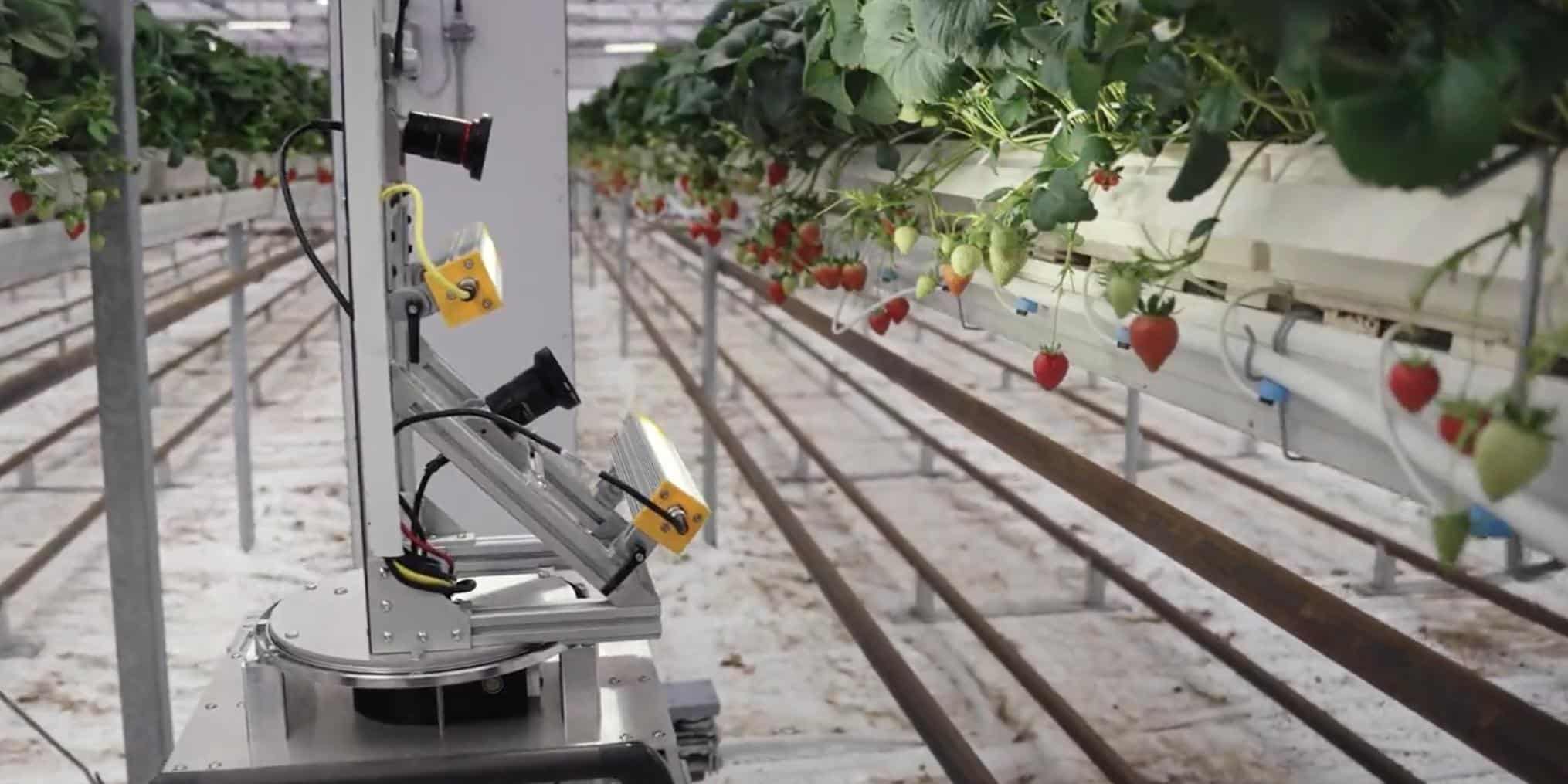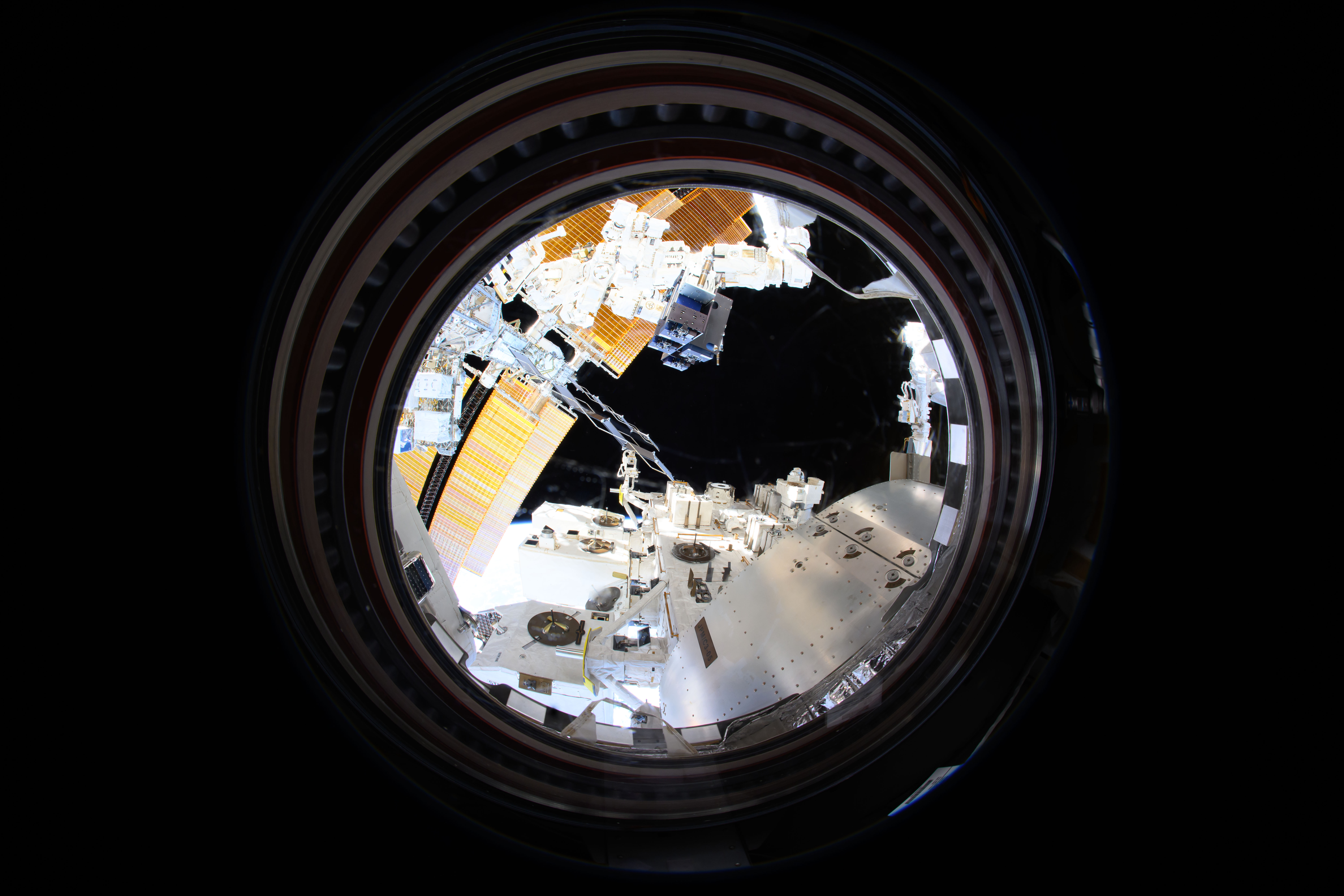Exploring the Future of Farming with Zordi’s Innovative Robotics and AI
In a rapidly evolving world where technology continues to reshape every aspect of our lives, the agriculture sector is no exception. Enter Zordi, a pioneering startup that is revolutionizing the way we think about farming. Founded by Gilwoo Lee, a visionary with a passion for robotics, sustainable farming, and healthy produce, Zordi is making significant strides in the realm of autonomous agriculture. With co-founder Casey Call, a former lead grower at the vertical farming giant Plenty, Zordi is setting new standards in the industry.
Zordi’s Vision and Expansion
Zordi was established in 2020, and since then, it has been on an ambitious journey to transform the agricultural landscape. The company has already seen its efforts bear fruit—quite literally. Their innovative approach to growing strawberries has landed their produce in the well-known grocery chain, Wegmans. But Zordi’s aspirations do not stop there. They are now expanding their operations by partnering with farms in New Jersey and California to meet the increasing demand for their high-quality produce.
"The most rewarding part is that the fruits you get taste amazing," Lee shares enthusiastically. "This consistency is achieved by constantly optimizing the growing process throughout the plant’s life cycle."
Innovative Robotics in Farming
At the heart of Zordi’s operations are two types of robots, each playing a crucial role in their hydroponic farming system. The first is a scouting robot, designed to collect vital information about plant health using foundational models. This data-driven approach enables the team to make informed decisions about crop care. The second type is a harvesting robot, engineered to delicately pick and place fruits, ensuring minimal damage and maximum efficiency.
Zordi’s engineering team, based near Boston, is at the forefront of integrating advanced technology into farming. They leverage NVIDIA GPUs both in the cloud and on desktops to develop models that monitor crop health, fruit quality, and even the fruit-picking process itself. This technological integration allows Zordi to deploy autonomous greenhouse systems globally, reducing transportation-related carbon footprints and delivering fresher, better-tasting produce grown sustainably.
Sustainable Agriculture Through NVIDIA Technology
Zordi is committed to sustainable farming, and their partnership with NVIDIA is a testament to that commitment. By employing NVIDIA’s Jetson AGX Orin modules, Zordi is testing and refining AI models that recognize plant health, detect early signs of pests and diseases, and manage hydration, nutrition, light, and temperature.
The energy efficiency of Jetson and the availability of affordable, high-performance cameras from NVIDIA partners make this technology a perfect fit for Zordi’s operations. Each robot is equipped with multiple cameras to capture data, allowing for comprehensive monitoring and analysis of the crops.
"Jetson opens up a lot of lower-cost cameras," Lee explains, "which allows us to experiment with different setups and improve battery management."
Addressing Labor Challenges with Automation
One of the significant challenges facing farms worldwide is labor shortages, which often lead to unharvested crops. Zordi’s robotics and AI solutions aim to address this issue by automating critical tasks. The company’s goal is to scale up operations to meet consumer demand, leveraging AI and robotics to overcome labor constraints.
"We want our harvesting robots to handle more complex tasks, like pruning leaves," Lee notes, highlighting the potential for robots to perform intricate tasks through simulation.
Enhancing Operations with Omniverse Isaac Sim and Digital Twins
Zordi is exploring the use of Isaac Sim in Omniverse, a platform for creating digital twins and simulations, to optimize their indoor growing operations. This approach mirrors the strategies used by industrial manufacturers to enhance efficiency and productivity.
The software platform developed by Zordi offers a live dashboard with a spatial map, providing a real-time view of every plant in their facilities. This feature enables remote monitoring and management, ensuring optimal conditions for crop growth.
Moreover, the platform analyzes plant health and provides crop care recommendations, empowering even inexperienced farm operators to manage farms like seasoned experts.
"We’re literally one step away from integrating this into Isaac Sim and Omniverse," Lee mentions, indicating the potential for further advancements in their technology.
Expanding Crop Variety and Ensuring Longevity
Zordi is not just focused on strawberries; the company is conducting simulations for other crops like cucumbers and tomatoes. By mastering the delicate handling of these crops, Zordi aims to extend their shelf life, offering consumers fresher produce with reduced waste.
"With strawberries or any other crops, if you can handle them delicately, then it helps with longer shelf life," Lee explains. This delicate handling is crucial for maintaining the quality and freshness of the produce.
The Future of Farming: Fully Autonomous
Looking ahead, Zordi envisions a fully autonomous farming system that simplifies and enhances the farming process. AI will play a pivotal role, recommending sustainable crop-care decisions while robots execute the labor-intensive tasks.
"What’s really important for us is how do we automate this," Lee emphasizes. "We want a thinking AI that makes decisions for the farm, complemented by extensive automation."
Zordi is on a mission to make farming more efficient, sustainable, and profitable, paving the way for a new era in agriculture. As they continue to innovate and expand, the impact of their work is sure to resonate across the industry, inspiring others to adopt similar technological advancements.
For more insights into Zordi’s groundbreaking work and their journey towards autonomous agriculture, you can explore their website at Zordi.
For more Information, Refer to this article.


































